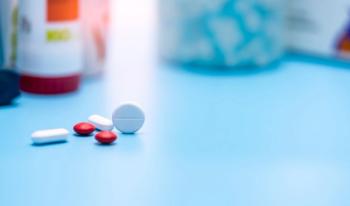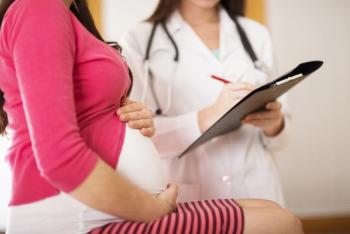
Cognoa ASD Diagnosis Aid authorized for marketing
The US Food and Drug Administration has given marketing authorization to Cognoa, Inc. for their device to aid in the diagnosis of autism spectrum disorder (ASD).
The US Food and Drug Administration
The device has 3 components. One is a mobile app for caregivers and parents to provide answers for questions about behavior issues and to upload videos of the child. The next component is a video analysis portal, which is used by manufacturer-trained and certified specialists to watch and analyze those uploaded videos. The third component is a health care provider portal where the provider can answer pre-loaded questions, review the information provided by caregivers, and review a report of the results. Following the input of information from all 3 components, the device reports a positive or negative diagnosis if there has been sufficient information provided for the algorithm to make a diagnosis. In the case of insufficient information, the ASD Diagnosis Aid will say that no result can be provided.
Safety and efficacy of the device was examined in a study of 425 patients aged 18 months to 5 years at 14 different clinical care sites. The device provide a result of either “Positive for ASD” or “Negative for ASD” to aid in diagnosis for 32% of the patients. Among those with a result, the results matched a panel’s conclusions for 98% of the children who tested negative for ASD by the device and 81% of the patients who tested positive. Furthermore, the device was found to make an accurate determination of ASD in 98.4% of children who have ASD and in 78.9% of children who do not. The risks associated with the device include misdiagnosis or delayed diagnosis, due to a false positive result, which occurred in 15 out of 303 children without ASD, or a false negative, which was seen in 1 out of 122 children with ASD.
Reference
1. US Food and Drug Administration. FDA authorizes marketing of diagnostic aid for autism spectrum disorder. Published June 2, 2021. Accessed June 2, 2021. https://content.govdelivery.com/accounts/USFDA/bulletins/2e250cd
Newsletter
Access practical, evidence-based guidance to support better care for our youngest patients. Join our email list for the latest clinical updates.






